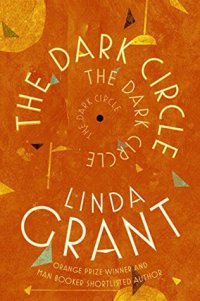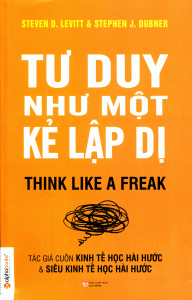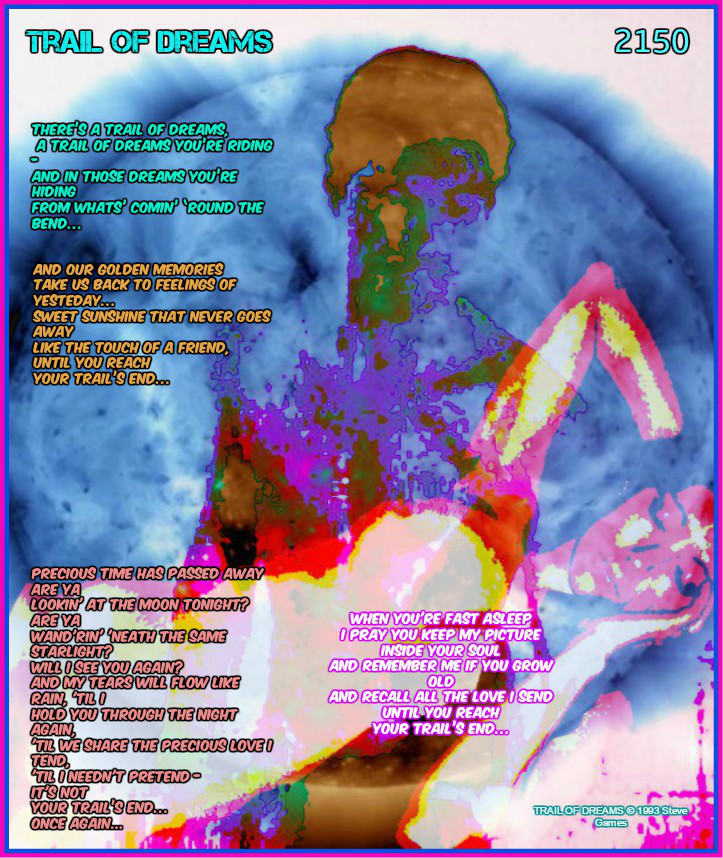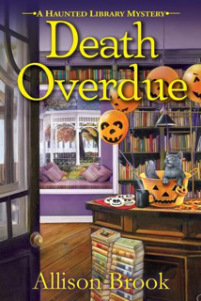
In The Dark Circle, Lenny and Miriam are twins living in London after World War II. Their father had passed away when they were young, and in this period of postwar austerity, their mother is trying her best to look out for them with their uncle Manny’s help. Manny, having lost his only son to diphtheria, doesn’t want to lose his nephew to the National Service. So when Lenny gets called up to serve, Manny bribes officers at the medical examiner’s center to deem Lenny unfit for service.
But it turns out Manny had bribed the officers for nothing for Lenny’s x-ray reveals that he is suffering from tuberculosis, which he had passed on to Miriam too. So the twins get sent to the Gwendo, a modern sanatorium in Kent which is now open to ordinary people and not just aristocrats and the rich thanks to National Health Service (NHS). In Gwendo the twins befriend Valerie, an Oxford graduate, and a lover of literature; Hannah, a German music teacher who had been persecuted for being a homosexual and sent to a concentration camp; and Arthur Persky, a womanizing American merchant seaman. So the story which spans from the time they spent in the sanatorium to several decades after they left the Gwendo is about the ‘dark circle’ to which they are bound, a bond formed through their suffering due to tuberculosis only a few could relate to since its eradication.
I was born into a world where tuberculosis and diphtheria are not death sentences thanks to vaccinations and antibiotics. So The Dark Circle is a riveting account of the times when these diseases killed thousands of people. In those days, the usual method of curing tuberculosis was to expose the patients to plentiful amounts of high altitude, and fresh air which often led the patients to suffocate in the cold. But it was more shocking to read about some of the surgical interventions that involved in removing the infected lung and ribs, and that made me grateful for the medical wonders we take for granted!
I also felt compelled by the fact that Grant chose the early days of NHS reform as the backdrop of her novel. When the Labour Party introduced universal, free of charge health services in the UK in the late 1940s, they didn’t think that the public, especially the middle class, would embrace these services. The rich obviously wasn’t thrilled by this social reform and having to mingle with people from all walks of life in places that were reputed to being iconoclastic facilities for the “very best people.” But NHS services were helpful to ordinary people like Lenny and Miriam who wouldn’t have been able to afford the necessary care otherwise. So it was ironical to see Labour Party losing the election soon after the NHS reform, which makes it harder to not compare it with the current healthcare debacle in the US. Coming from Sri Lanka, which made access to health care free for all in the 1930s I really can’t wrap my head around the beef some Americans have with universal health coverage.
The Dark Circle was shortlisted for Women’s Prize for Fiction 2017, and in my opinion, out of the four shortlisted books I’ve read so far, it comes only second to The Power. Linda Grant is not a new name for Women’s Prize for Fiction enthusiasts, as she won the prize in 2000 for her novel When I Lived in Modern Times, a book that has been sitting on my TBR piles for some time, which now I plan on picking up soon.
Advertisements Share this:




